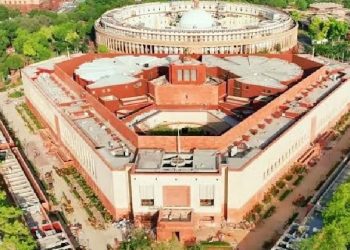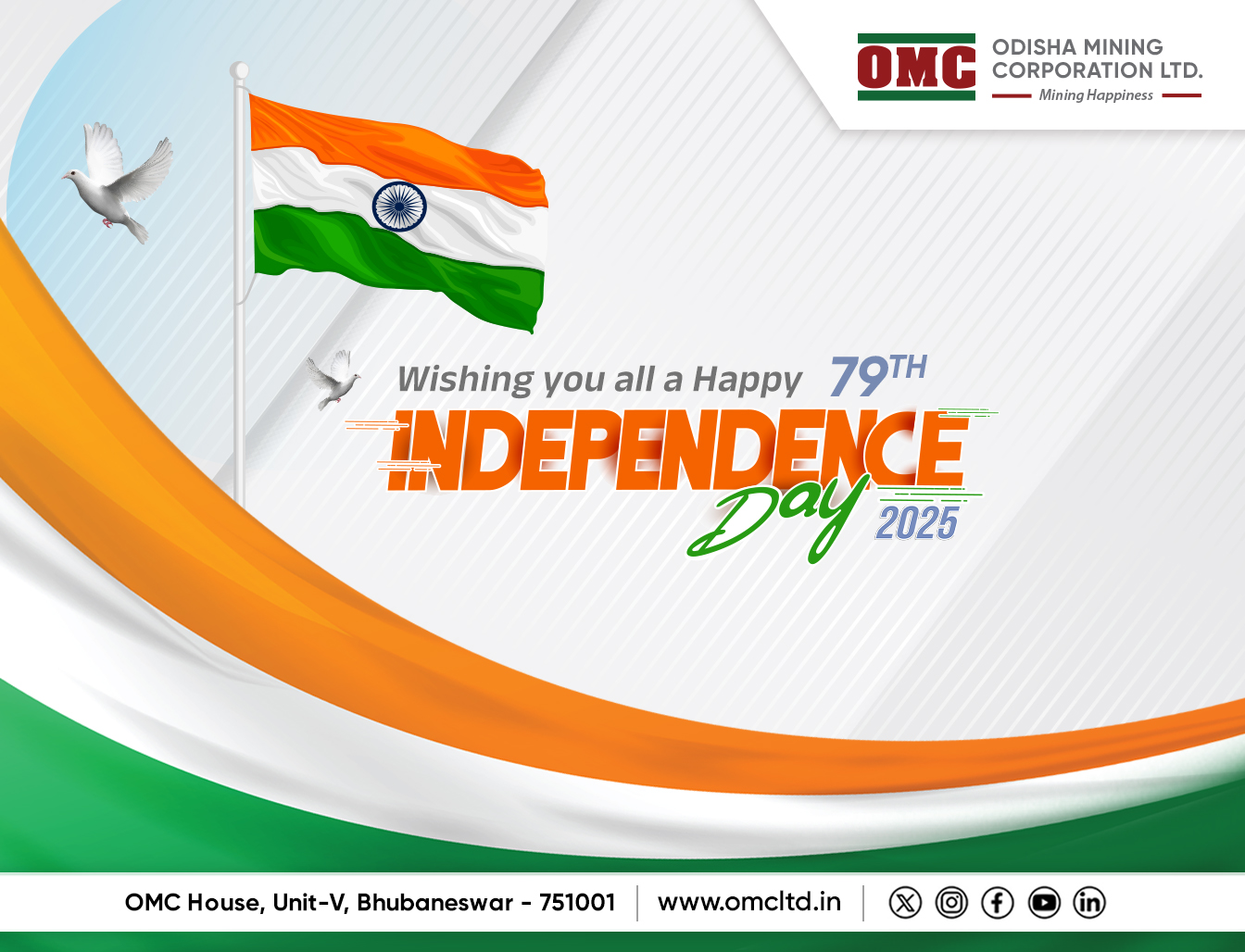New Delhi: The Supreme Court on Friday declined to entertain a plea seeking direction to the Centre to take steps to create an appropriate system, which empowers citizens to petition Parliament and seek the initiation of a debate, discussion, and deliberation on the issues and concerns highlighted by the citizens.
A bench headed by Chief Justice of India D.Y. Chandrachud and comprising Justices P.S. Narasimha and J.B. Pardiwala told the petitioner’s counsel that a citizen cannot seek a right to stand up in Parliament. The bench told the counsel, “Go and talk outside Parliament. Go to your local MP and present a petition. But a citizen cannot seek a right to stand up in Parliament… Sorry”.
It further observed that the relief sought fell exclusively within the domain of Parliament and state legislatures, while declining to entertain the petition.
The counsel, representing the petitioner Karan Garg, submitted that it is practiced in other countries like in the UK. The Chief Justice said: “We need to know where to draw the line. We cannot be telling the Parliament what to do…It may be a very desirable practice in some other country, we do not have to adopt…”
Solicitor General Tushar Mehta, representing the Centre, said, “We have a better practice…and there is a practice where petitions can be filed, and petitions go to a petitions’ committee consisting of MPs and they examine the petition.”
Mehta further added if there is some merit in a petition, then they send it to the concerned ministry, which reports to the committee.
On January 27, the matter was heard by a different bench. A bench comprising Justices K.M. Joseph and B.V. Nagarathna expressed its reservations in connection with the prayers raised in the plea. It said if allowed it could impede the functioning of Parliament, and pointed out that India has a huge population, as compared to other countries which have such systems.
The plea sought a declaration that citizens have a fundamental right to directly petition Parliament and invite discussion on important issues of public interest.
The plea, filed through advocate Joby P. Varghese, said: “The present writ petition prays that it is imperative for the respondents to take substantive steps in order to ensure that citizens can have their voices heard in Parliament without facing undue barriers and difficulties. To that end the present writ petition presents a detailed and nuanced framework under which citizens can prepare petitions, seek popular support for it and if a citizen petition crosses a prescribed threshold then the citizen petition has to mandatorily be taken up for discussion and debate in Parliament.”
The plea argued that after the people cast their votes and elect their representatives to Parliament as well as to the state legislatures, there is no scope for any further participation. “There is the complete absence of any formal mechanism by which citizens can engage with the law-makers and take steps in order to ensure that issues which are important are debated in Parliament,” it added.
(IANS)
















